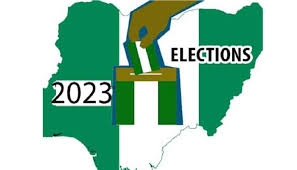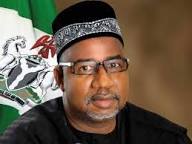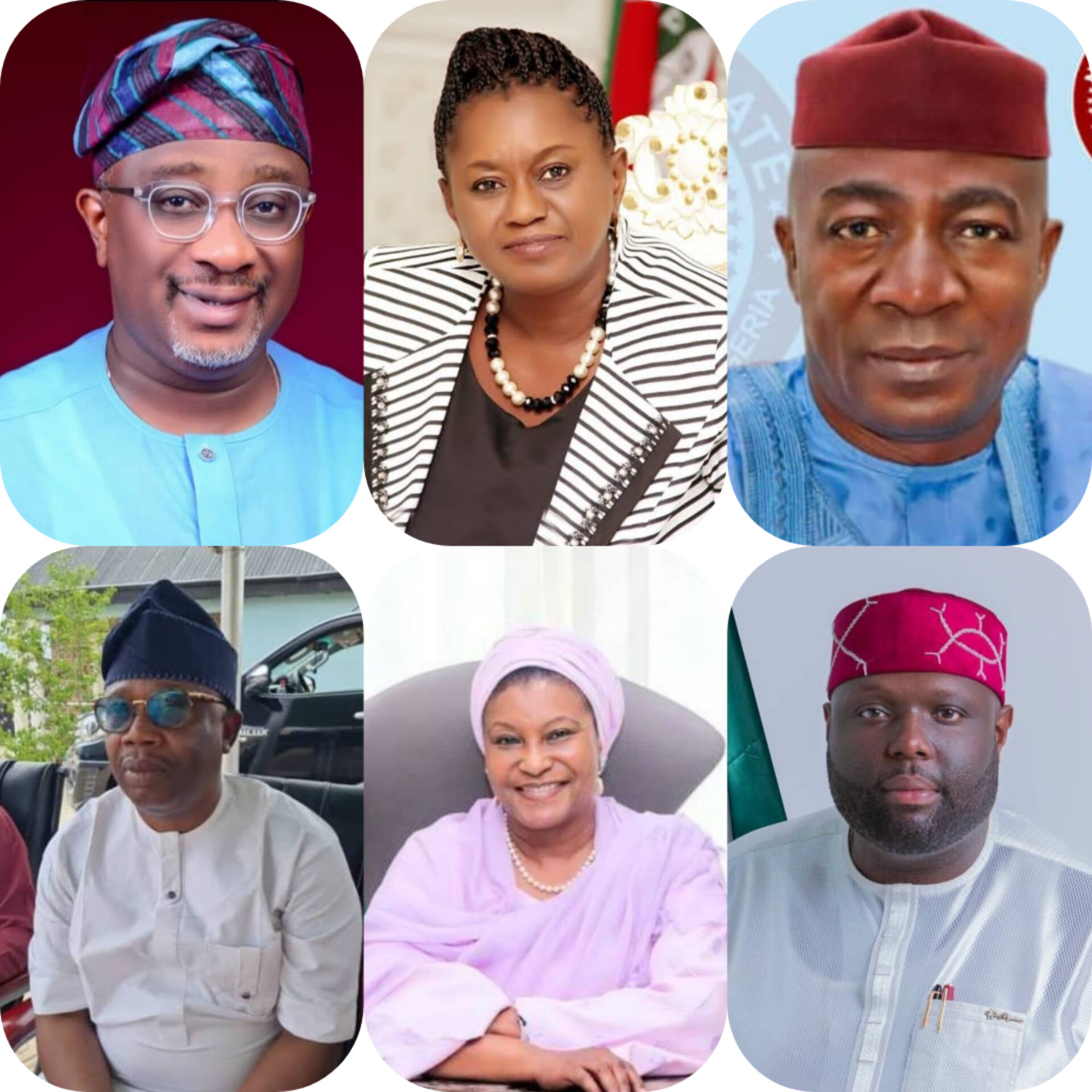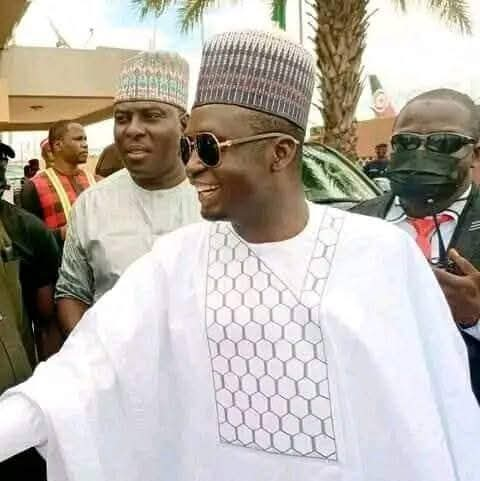By Ehichioya Ezomon
When one finger takes the oil, it soils the rest four fingers. When one part of the body is sick, the whole body will be sick. This is a metaphor for the security situation in Nigeria where swathes of its landscape are in constant and consistent attacks by armed men.
What are the indicators of such sieges? There’re reports of the attackers overrunning, and renaming indigenous communities, and imposing a quasi-administration that levies the “occupied people,” in order to guarantee them access to their farms and markets.
In some instances, advance notices are allegedly sent by the attackers to communities before they strike, but still, no appropriate response from security operatives to check the invasion.
The attackers, in whatever guise, have downed a couple of military jet bombers in the North East and North West, and repeatedly attacked military bases and institutions, and police formations.
They carry out almost daily abductions and kidnappings of scores or hundreds of school children, students and other innocent Nigerians, mostly across the North-East, North-West and North Central (Middle Belt) of Nigeria for huge ransom payments.
The South-East of Nigeria has been in steady attacks by a militia group – Eastern Security Network (ESN), allegedly an armed wing of the proscribed Indigenous People of Biafra (IPOB), and “Unknown Gunmen” primarily targeting police officers and formations.
The latest by the dare-devil attackers are the bombing of a train in Kaduna State, the killing of over 80 people in Plateau State and the murder of a prominent Monarch in a mosque in Taraba State.
Nigerians have lost count of these unprovoked attacks on the nation, and yet, some people declare that Nigeria is safe, and even safer than under previous administrations since 1999.
Actually, that’s the position of those in government, who bristle whenever concerned citizens question the authorities’ handling of security issues that’ve enveloped many parts of Nigeria.
The government is more touchy when doubts are expressed over its ability to provide security guarantees for a conducive conduct of the 2023 general election that’s barely 10 months away.
Nigerians, who’ve raised such doubts, including ‘Men of God’ and ethnic nationalities that pray for a peaceful and united country, got on the wrong side of the authorities as being against the polls.
But with the present circumstances of unending bloodletting in the country, only a power-drunk narcissist would be comfortable to proclaim that Nigeria is safe ahead of the make-or-mar elections.
Imagine that April 10, 2022, killing of over 80 people in Plateau, and the orgies of killing, kidnapping and destruction of property in the North West, North Central and South-East, culminating in the train bombing in Kaduna that officials have admitted was an incident waiting to happen, due to “unapproved funds” for the purchase of necessary equipment to detect such dangers!
The train attackers, appearing to taunt Nigeria’s seeming hopeless security, have demanded the release of their “Commanders” and foot-soldiers in exchange for the release of hundreds of captives.
Only insurgent or terrorist groups, primed to carve out enclaves from, or seize entire territorial spheres, would have a chain of command, and be demanding release of their members in custody.
Yet, officials have chosen to label the attackers as “bandits” whose atrocities rival or surpass those by Boko Haram/ISWAP terrorists that attempt to create a “Caliphate” in parts or whole of Nigeria.
It’s time government admitted the security problems nationwide, instead of papering over them with a mantra of “Nigeria is safer under the administration of All Progressives Congress (APC).”
The government has a special burden to discharge because the APC, and its founding members, promised to secure Nigeria as one of its three-point agenda if given the mandate to rule from 2015.
Nigerians, dissatisfied with the handling of security matters by the Peoples Democratic Party (PDP) government of President Goodluck Jonathan, elected the APC based on its slogan of “Change”.
But what’ve Nigerians witnessed in the seven-year government of the APC? It’s everything but a guaranteed security, with terrorists, bandits and other criminal gangs holding the nation to ransom.
What can be more overwhelming than well-equipped marauders killing and kidnapping hundreds on daily basis, and demanding and receiving millions of ransom payouts from innocent Nigerians!
So, when will government call the attackers by their name, and stop their atrocities? Is it when they kill or kidnap Ministers, Governors or Heads of the National Assembly or Armed Forces?
Is it when they attack the very seat of the Government of Nigeria in Abuja, and – God forbid – harm the President and Commander-in-Chief of the Federal Republic of Nigeria or his Deputy?
How many messages of condolence and sympathy will President Muhammadu Buhari send to the bereaved before the authorities declare that enough is enough? How many times will Buhari proclaim “not to spare and have mercy for the perpetrators?”
These killings and kidnappings appear uninterrupted. As leaders and families of victims grieve over a set of killings, the attackers would stage further murders, abductions and destruction.
Sadly, the atrocities and/or their perpetrators are brought home to Nigerians in pictorials, like the abducted, mostly women and children from the Kaduna train attack, “begging government for freedom,” with eight armed men in the background on April 11.
The victims of the Plateau attacks being buried in mass graves, starkly bringing to memory the sights of tens of coffins of victims of repeated herdsmen’s attacks in Benue State some years back.
Or the bandits posing with state governors or clerics, surrounded by heavily-armed men, in so-called truces to lay down their arms for amnesty or ransom negotiations on behalf of kidnapped victims.
The determination of the bandit-terrorists to deploy unorthodox methods to achieve their nefarious aims aren’t what the authorities should wish away from coming to the doorsteps of the high-ups.
This isn’t denying that government hasn’t met headlong the nation’s burgeoning security threats. But the strategies to stamp out the attacks seem reactive than proactive and offensively sustained.
These attacks need proportionate counter-measures, as security forces, government officials, and traditional and religious leaders know the attackers’ camps in the forests spanning several states.
Strikingly, there’re allegations of connivance of elements within the security forces, the government and civil society with the attackers, aimed at thwarting the push to crush their bloody campaigns.
Evidence of such sabotage is last week’s reported security operatives’ seizure of N60m ransom from “security personnel” working for bandits that hold many captives in Kaduna State.
This is no time to “slam” critics, even those calling for President Buhari’s resignation, over government’s alleged failure to provide adequate security for the citizens, but a time for reassurance and exhortation, as Buhari has done in his 2022 Easter message.
Entitled: “We’ll overcome uncertainty, insecurity,” the president said: “Easter evokes in us the resilience of the human spirit not to give up in the face of seemingly daunting challenges of life.
“This period emboldens us to believe that the current spate of uncertainty and insecurity will soon unfold a season of triumph of good over evil; hope over despair, and light over darkness. As we approach another season of electioneering, let the security and unity of the nation guide our actions and utterances.”
That’s the kind of message that Nigerians want to hear from, and actualize by their Commander-in-Chief, and not that “Nigeria has never been safer” in the face of contrary perception and evidence!
Mr Ezomon, Journalist and Media Consultant, writes from Lagos, Nigeria.





